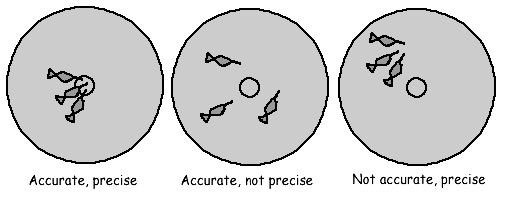This past weekend I took my car to a new shop with a Mustang syno. They (the shop owners) claim that it is more accurate than the more common dynojet on account. They said that it's more accurate because they dynojet is a simple inertia drum which, once it's spinning, actually reduces the transmission load leading to slightly inflated hp & torque numbers. The mustang, however, uses some sort of braking in a second drum and thereby simulates the aerodynamic drag on the car producing more accurate metrics. In addition, it does allow for quarter mile testing but again it's numbers were low. In fact, I ran 14.2 at the track vs its 14.7 (yes, I know conditions, etc were different)
Is anyone familiar with this mustang dyno? Is it really more accurate or does it just produce more depressing numbers?
my dynojet #s: 237 hp & 185 lbs/ft
my mustang #s: 208 hp & 165 lbs/ft
mustang
dynojet
Is anyone familiar with this mustang dyno? Is it really more accurate or does it just produce more depressing numbers?
my dynojet #s: 237 hp & 185 lbs/ft
my mustang #s: 208 hp & 165 lbs/ft
mustang
dynojet





